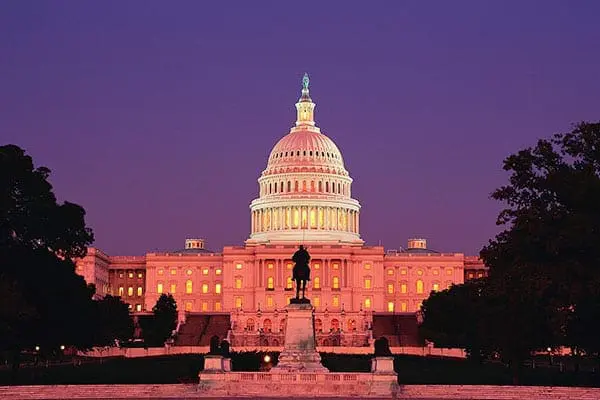With well over a decade of education data efforts under their belts, you’d be forgiven for thinking that states are done developing their data systems. But DQC’s annual tracking of state education data legislation shows that the work to create secure, useful education data systems is far from finished.
In fact, legislators in New Jersey and Nebraska have both introduced bills this year with the aim of creating statewide P–20W data systems—data systems that securely bring together specific data from across the early childhood, K–12, postsecondary, and workforce sectors in order to better understand education opportunities and pathways. And, California is currently implementing a similar bill to create a P–20W data system that policymakers there passed last year.
Nearly all states, including California, New Jersey, and Nebraska, already have robust K–12 data. What makes these bills so needed and so notable? P–20W data systems allow for:
- Looking across the education and workforce pipeline. Most state agencies already have data on their piece of the education and workforce pipeline. But students’ lives don’t happen in pieces. Only a data system that connects necessary data across the agencies that serve students can provide a full picture of how the state is helping students meet their goals. Efforts in California, New Jersey, and Nebraska can build on these states’ existing data systems to create a more holistic, meaningful picture of students’ experiences.
- Prioritizing those closest to students. Policymakers need high-level data to see what’s working and to make responsible decisions. But students, parents, and educators also need data—both about their own student’s progress and to understand how their schools serve different student populations more broadly. Both New Jersey’s and Nebraska’s bills acknowledge that people other than policymakers will use the information from a P–20W data system. Nebraska’s bill specifically states that the data system is intended to help guide students as they move through and beyond high school. And New Jersey’s bill would require the new P–20W data system to provide role-based access to individual data and allow for the creation of public reports with aggregated data.
- Focusing on planning, governance, and stakeholder engagement. Successful data systems must have purposeful goals, meet diverse stakeholder needs, and create sustainable and long-term governance. The law passed in California last year and the bills now under consideration in New Jersey and Nebraska all require an advisory board and a planning period to help ensure the state’s data system is reflective of different stakeholder needs and input. Nebraska’s bill would also require the formation of an “executive committee” to oversee the system.
Creating a secure, functioning data system is much more than a technical effort. The work requires thinking about the ways data access matters to and empowers families and school leaders, articulating and agreeing on state policy priorities, and creating the tools and reports that make the data useful. Bills like those in New Jersey and Nebraska and new efforts like the one in California provide an opportunity for states to make this important work happen.
For more on why P–20W data systems matter, check out the infographic of Grace’s Path to Success.
To see how teachers and parents value data, see DQC’s polling from the last five years.
To understand what makes good P–20W data system governance, consult DQC’s policy roadmap.
This blog post is also available as a story on Medium.


